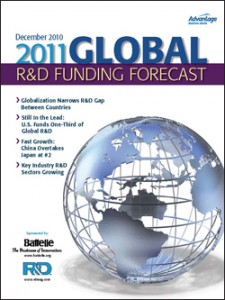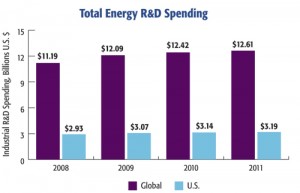 Protec Fuel announces the opening of an E85 pump at 5264 New Jesup Highway in Brunswick, Georgia. Offering the clean burning, alternative fuel, Mr. Pete’s is the first station to have Protec Fuel’s imaging on their dispenser.
Protec Fuel announces the opening of an E85 pump at 5264 New Jesup Highway in Brunswick, Georgia. Offering the clean burning, alternative fuel, Mr. Pete’s is the first station to have Protec Fuel’s imaging on their dispenser.
E85 is a blend of 85 percent ethanol and 15 percent petroleum and can be used in over 8,000 FFVs across the area. The alternative fuel has been proven to reduce greenhouse gas emissions and reduce the nation’s dependency on foreign petroleum.
Mr. Pete’s used Protec Fuel’s turnkey program which included designing and managing the equipment conversion and fuel supply. “We are pleased to be assisting this station with their E85 infrastructure and supply of fuel,” said CEO of Protec Fuel, Todd Garner. “Mr. Pete’s is a prime location for Protec’s roll-out of new E85 dispenser imaging and we look forward to seeing additional sites with our specialized branding.”
 The E85 site is also the first of its kind in the area. Located just north of Jacksonville and south of Savannah, the owner is excited to begin selling the product. “I’m looking forward to see how many green vehicles will use our new fuel,” noted owner of Mr. Pete’s, Al Coty. “I’m proud to carry the fuel – it’s keeping the money in this country and helping our economy.”
The E85 site is also the first of its kind in the area. Located just north of Jacksonville and south of Savannah, the owner is excited to begin selling the product. “I’m looking forward to see how many green vehicles will use our new fuel,” noted owner of Mr. Pete’s, Al Coty. “I’m proud to carry the fuel – it’s keeping the money in this country and helping our economy.”
Mr. Pete’s and Protec Fuel have teamed up with the Clean Fuels Foundation through their National Flex Fuel Vehicle (FFV) Awareness Campaign to help market the station and gain additional exposure. “Support from the state government, a strong Clean Cities program, in-state 1st and 2nd generation ethanol production, and a strong existing refueling infrastructure placed Georgia on our key market list in this partnership,” said Burl Haigwood, Clean Fuels Foundation and Project Manager for the National FFV Awareness Campaign.
Mr. Pete’s is open seven days a week. The site offers a convenience store and pay at the pump option.





 Congress burning the midnight oil passed the tax cut legislation that will help the United States burn less foreign oil.
Congress burning the midnight oil passed the tax cut legislation that will help the United States burn less foreign oil.





